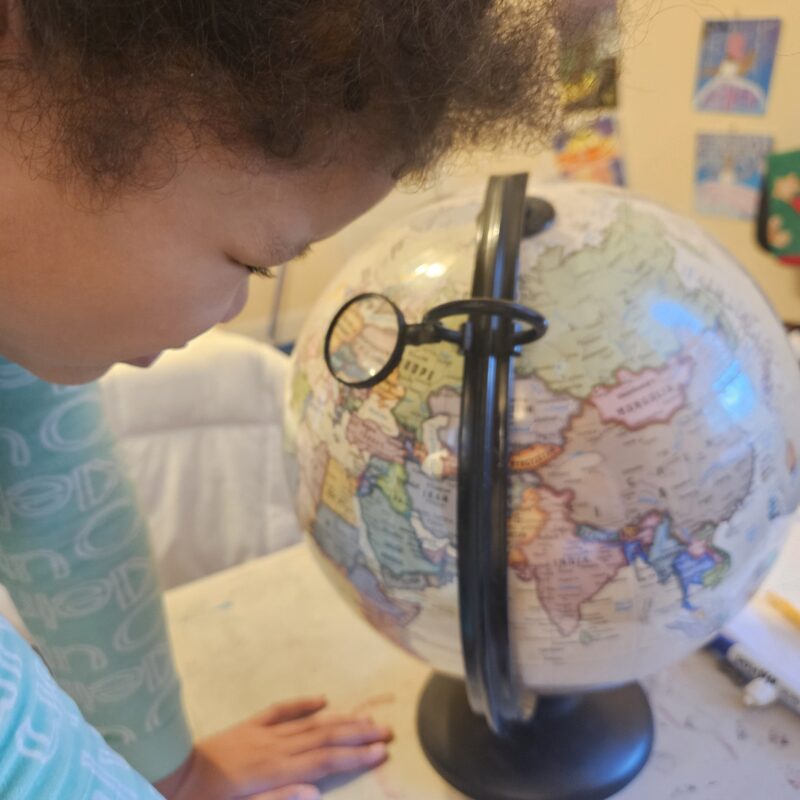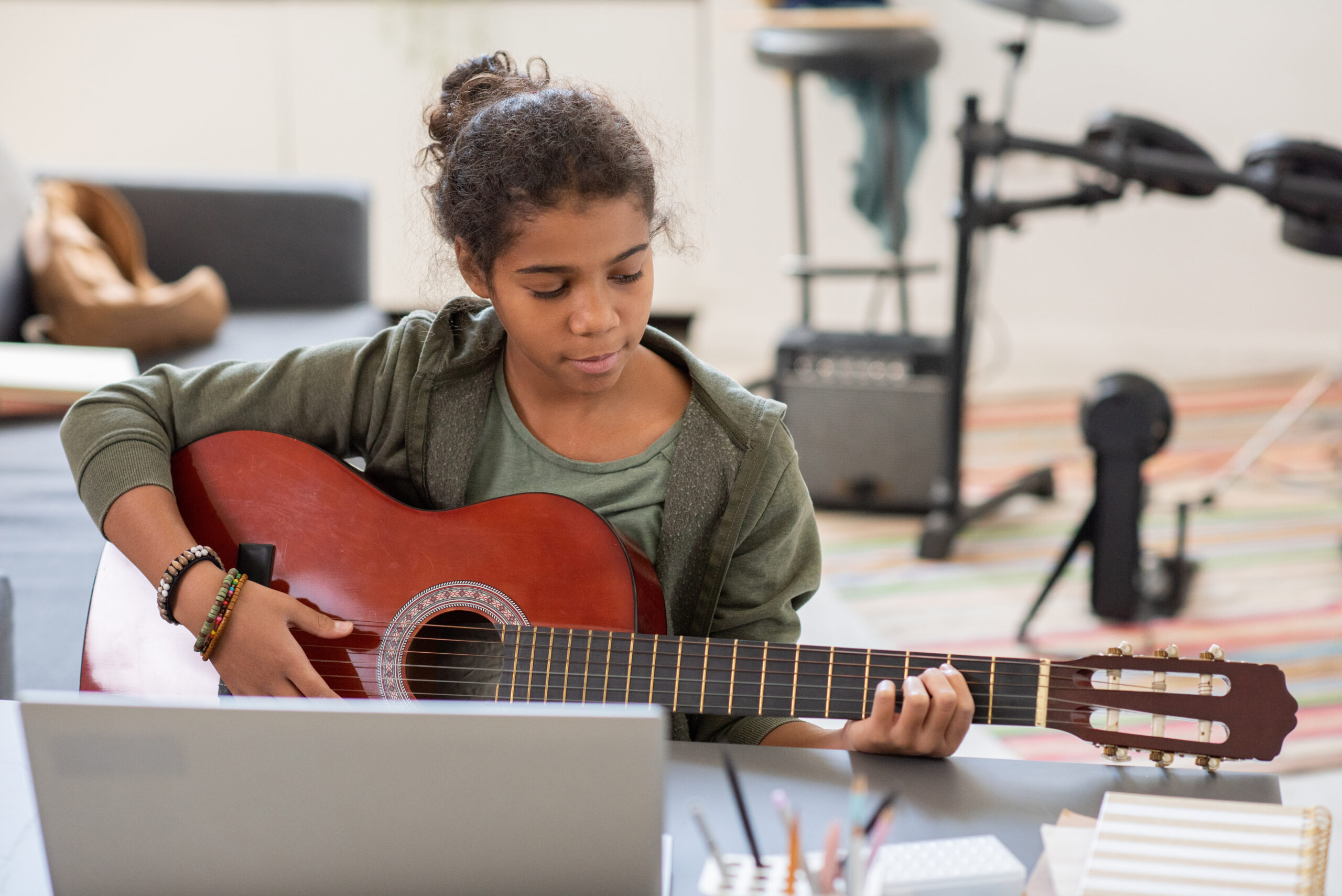Welcome to our homeschool: The world is our classroom
Our way of looking at school is informed by our experience as lifelong students and participants in education. From leading classes in grad school, working as tutors in college and highschool and as staff trainers in our roles as entrepreneurs and consultants we have always taken learning seriously.
“Once you stop learning, you start dying”- Albert Einstein
We have prepared for what seems like our whole lives to remedy what we both perceived as deficiencies in our own early educational experiences, in the early education of our children. In the early years of our relationship we would plan curriculums over breakfast at cafes long before our children were ever born. When we found out we were having twins one of the things we were most excited about was that we would have a class instead of a student. As they grew up we revisited some of the foundational texts of our education, my husband and English major graduating from Clark Atlanta University delved back into Paulo Frier and expanded into works on the Montesori method and unschooling. I as a newly minted graduate of a masters program in anthropology from Georgia State University reviewed all the curriculum planning training we received and expanded my study to age specific lesson planning and vetting work books and methods of teaching. We jointly gathered online resources from youtube, monster learning, hooked on phonics, bob books and dozens of other educational programs and shows. When the time finally came to start “officially homeschooling”, we found our small charges already reading, writing and doing math far ahead of their level.This gap forward in learning and comprehension is where our long research became even more useful.




